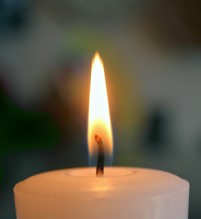Because they don’t want dry skin.
The skin acts as a barrier, preventing bad things from getting into the body, but also preventing water in the body from evaporating away or leaking out.
The outer layer of skin is made of dead cells. If these dead cells dry out, they can crack and separate, making holes in the protective barrier. Even if there are no cracks, the dry cells don’t function as well, allowing moisture loss from the living cells below them.
Moisturizers generally have three types of ingredients. Humectants are molecules that absorb water from the air. Glycerin and urea are humectants, and you may see one or both of them on the label of your favorite lotion.
Emollients lubricate the skin, and fill in the spaces between the dead cells to help make a better moisture barrier. They are generally oils, like mineral oil, petroleum jelly, or lanolin. They also change the look and the feel of the skin in the same way that putting oil on paper makes the dry paper look transparent and wet.
The third type of ingredient will generally be some kind of preservative that prevents bacteria from degrading the emollients and humectants.
Oil-free moisturizers are often used for areas like the face which already have plenty of oil, and where adding oil might cause acne. Moisturizers for knees and elbows will more likely have more oil than moisturizers for the face.
Some moisturizers improve the skin’s natural barrier by adding a layer of oil, sunscreen, or antioxidants. These protect the skin from damage by sun, wind, and abrasion.
